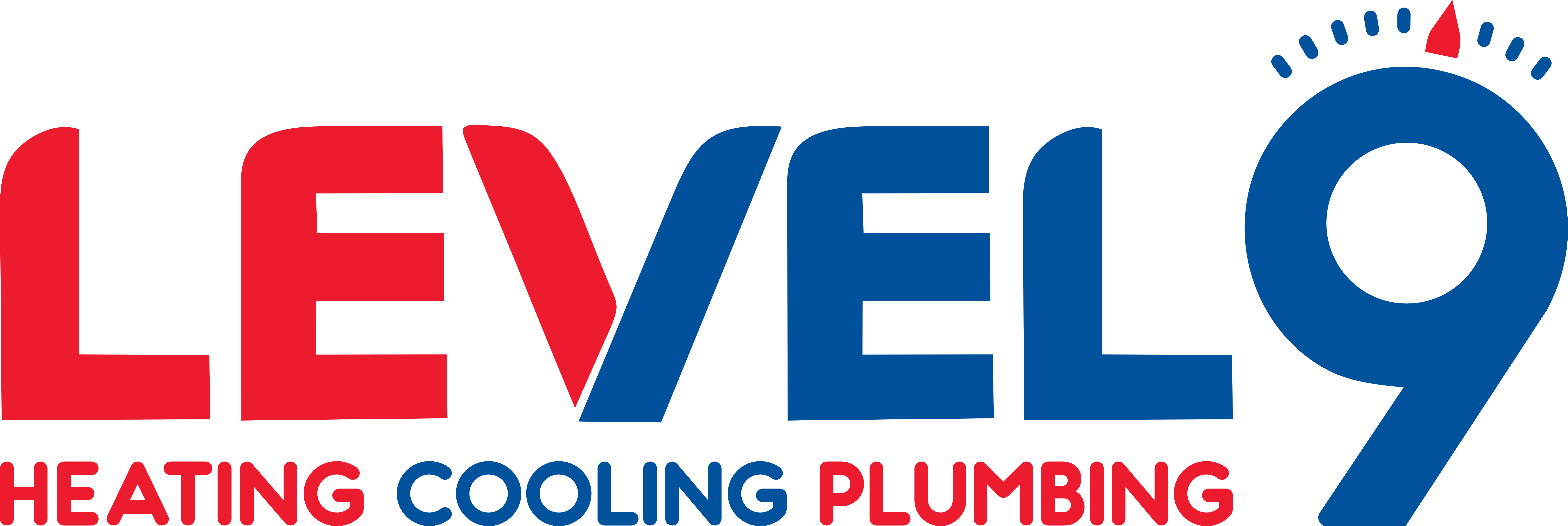Your HVAC system has a filter that traps much of the particulate matter that passes through your heating and cooling system. Depending on the type of filter you have, you need to change it every 30 to 90 days. This will keep the air in your home free of unwanted contaminants that can cause health issues. Let’s talk more in-depth about the benefits of regular HVAC filter changes for indoor air quality (IAQ) purposes.
Different Types of Contaminants
The air outside your house is often unhealthy or unsafe because of things like pollution, wildfire smoke, and pollen. However, homes in the Washington, MO area often experience unhealthy indoor air quality caused by things like pet dander, dust, dust mites, and mold spores. Volatile organic compounds (VOCs) are released from products in the home that contain harmful chemicals — detergents, cleaning products, air fresheners, new building materials, and more.
Many HVAC filters can remove some of the bigger particles that pass through your HVAC system, but there may be smaller ones that circulate into your ductwork and your living spaces. There are different forms of advanced filtration that can be used to improve your indoor air quality from a whole-house perspective.
Ways That Indoor Air Quality Affects Our Health
When we are exposed to indoor pollutants on a regular basis, this can cause several health problems. The most common are allergy symptoms, such as sneezing, coughing, and itchy eyes. People who have asthma may experience an increase in symptoms because of unhealthy indoor air quality. Other common symptoms caused by poor IAQ include fatigue, headaches, and inflammation. If you have been feeling unwell when you’re at home but can’t come up with any reason why, your indoor air quality may be to blame.
Different Types of HVAC Filters
There are several options available if you need to purchase a new filter for your HVAC system. Consider that household members who suffer from indoor allergies often benefit from better-quality filters and filters that are changed frequently.
Fiberglass Filters
Fiberglass filters are common and affordable. However, they aren’t the most effective option out there. Most fiberglass filters last only 30 to 60 days.
High-Efficiency Particulate Air Filters
High-efficiency particulate air (HEPA) filters can remove as much as 99.97% of the particulate matter in your indoor air. This includes particulates that are as small as 0.3 microns in size. Not all HVAC equipment can handle the restriction in airflow caused by a HEPA filter. Check with our team to see if these types of filters would be a good option for you. If not, you can utilize a HEPA filter in whole-house air purification equipment.
Washable Filters
If you’re looking for an eco-friendly filter option, consider using a washable filter. Instead of throwing out a filter every few months and replacing it with something new, you simply wash the one you have. Make sure that you let your filter dry out completely before putting it back into your furnace housing. Otherwise, you could promote the growth of mold and the corrosion of your heating and cooling equipment.
People with allergies tend to avoid washable filters. Washing them doesn’t always remove all the particulate matter that is woven into the fibers of the filter. If you have anyone with allergies among your household members, it’s best to replace your filter with something brand-new.
Activated Carbon Filtration
Some standard HVAC filters can be used with activated carbon filtration for better results. Activated carbon can remove odors as well as volatile organic compounds (VOCs) from your indoor air. Just make sure that using two filter media at the same time doesn’t restrict airflow too much.
Understanding MERV Ratings
Many filters are rated using the minimum efficiency reporting value (MERV) rating. The higher the MERV rating, the more restrictive a filter is. Many residential homes aren’t capable of handling very high airflow restrictions, as this would lead to equipment damage. In general, most homeowners find that a filer with a MERV rating between 8 and 13 suits them well because it removes most unwanted particles without increasing energy consumption. We can provide guidance regarding MERV ratings and your specific heating and cooling setup.
Boosting HVAC System Efficiency
It’s important that your HVAC system works efficiently to maintain healthy indoor air quality. A decrease in efficiency can strain your system, lead to more frequent repairs, and make it difficult for healthy air to circulate in your home. We recommend that you schedule routine service for your HVAC system once a year. This visit gives our team the opportunity to check your heating and cooling equipment to ensure that no issues need to be addressed. A minor repair is much easier to take care of now than it is later when it becomes something much more involved.
The efficiency of your HVAC system is also reflected in your monthly utility bills. You may see a sudden spike in energy use and an increase in allergy symptoms as your system efficiency decreases.
Other Filters to Consider
In addition to changing the standard HVAC filters periodically, you’ll need to keep up with changing filters in some of your other HVAC-related equipment. This can include whole-house air purifiers, whole-house humidifiers and dehumidifiers, heat pumps, and more. If these filters become dusty and coated with debris, they will become inefficient as well. This leads to diminished air quality in your home and the potential for HVAC damage.
Electrostatic Filtration and Other Options
Electrostatic filtration can be installed onto your HVAC system. Using electrically charged collection plates, oppositely charged particulate matter will be removed from your indoor air. You don’t have to change a filter with this type of equipment. Rather, you wash the collection plates and put them back into the unit.
A UV light on your HVAC system can remove viruses, bacteria, and other pathogens from your indoor air. There isn’t a filter involved with this equipment, but you do need to periodically clean the surface of the light. If it becomes dirty or dusty, this reduces the efficiency of your UV light. When you use UV-C light technology in your home, this can reduce the number of illnesses that you and people who live with you pass around throughout the year. Routine maintenance is minimal and requires you to have your light changed every 9 to 36 months.
If you would like assistance with your indoor air quality, including changing your HVAC filter regularly, reach out to the team here at Level 9 Heating, Cooling, and Plumbing. We offer services such as installation, maintenance, and emergency repairs of all types of heating and cooling equipment maintenance. We also offer a variety of plumbing services, such as inspections, repairs, water quality issues, and more. We provide professional commercial HVAC services to the Washington area as well.
Contact our team at Level 9 Heating, Cooling, and Plumbing today to schedule an appointment for help with your indoor air quality in Washington!



